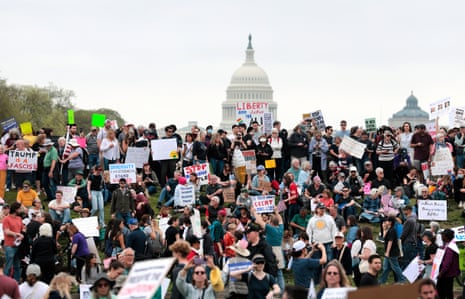In today’s interconnected landscape, governance and decision-making ripple far beyond borders. Every policy enacted, every diplomatic maneuver, and every civic initiative contributes to the fabric of society. Observing politics in action reveals a world where choices are not confined to parliaments or presidential offices—they permeate communities, economies, and cultures alike.

The Dynamics of Political Engagement
Political action today is multifaceted, encompassing grassroots movements, legislative processes, international diplomacy, and even digital activism. Citizens, organizations, and governments participate in a constant negotiation of priorities, interests, and values. These actions collectively drive change, influencing everything from environmental stewardship to economic policy, public health, and social justice.
Understanding shaping global politics involves analyzing how national policies intersect with international agendas. Trade agreements, defense pacts, and climate accords are not isolated events; they reflect broader strategies to navigate an increasingly complex world. Each decision contributes to a network of influence, determining how nations collaborate, compete, and coexist.
Mechanisms of Influence
In the contemporary political arena, power is wielded through formal and informal channels. Legislators draft laws, executives issue directives, and courts interpret legal frameworks. Yet beyond these traditional mechanisms, advocacy groups, media platforms, and civic coalitions exert profound influence, demonstrating that world shaping politics is no longer the sole province of governments.
Social movements exemplify this phenomenon vividly. Initiatives advocating for equality, environmental responsibility, or technological regulation mobilize communities, pressure policymakers, and reshape societal expectations. By participating in these dynamics, citizens help define the trajectory of their societies, ensuring that policy reflects collective priorities rather than isolated interests.
The Interplay of Local and Global Forces
Politics in action is both local and global. Municipal decisions on infrastructure or education reverberate through national economies, just as international sanctions, trade policies, or diplomatic tensions impact local markets. Recognizing this interconnectedness is crucial for interpreting the contemporary political landscape.
Political action today is often a delicate balancing act between immediate domestic needs and long-term international strategy. Governments must weigh the impact of their policies not only on constituents but also on allies, competitors, and global institutions. In this light, shaping global politics requires foresight, negotiation skills, and the ability to anticipate cascading consequences.
Technology and the New Political Frontier
The digital era has transformed how decisions are communicated, critiqued, and acted upon. Social media platforms amplify voices, generate discourse, and mobilize action with unprecedented speed. Online petitions, awareness campaigns, and viral movements illustrate how world shaping politics can emerge from decentralized, citizen-led initiatives.
Artificial intelligence and data analytics now influence policy decisions, providing predictive insights into voter behavior, economic trends, and societal needs. These tools augment human judgment, allowing governments and organizations to craft more nuanced strategies in politics in action, but they also introduce ethical considerations regarding privacy, bias, and equitable representation.
Global Challenges, Collective Responses
Modern challenges demand collaborative solutions. Climate change, pandemics, and geopolitical tensions transcend national borders, necessitating coordinated political action today. International organizations, multilateral treaties, and transnational coalitions exemplify efforts to navigate these complex issues. Each negotiation, agreement, and implementation strategy contributes to shaping global politics, emphasizing that proactive engagement is essential for sustainable outcomes.
Diplomacy, mediation, and conflict resolution remain pivotal in world shaping politics. The ability of nations to reconcile divergent interests while pursuing common objectives reflects both the complexity and potential of political action. Effective governance balances competing priorities with pragmatic solutions, illustrating the profound impact of deliberate policy decisions on everyday life.
Empowering Citizen Participation
Citizens are not mere spectators; they are active agents in politics in action. Voting, advocacy, community organizing, and informed discourse shape the political landscape, influencing everything from local council decisions to international agreements. Awareness of political action today fosters accountability, encouraging leaders to act responsibly and transparently.
Education and civic engagement are crucial for understanding shaping global politics. By analyzing policies, monitoring governmental performance, and participating in dialogue, individuals contribute to a more resilient and equitable society. Informed participation ensures that the processes driving world shaping politics reflect collective values rather than narrow agendas.





